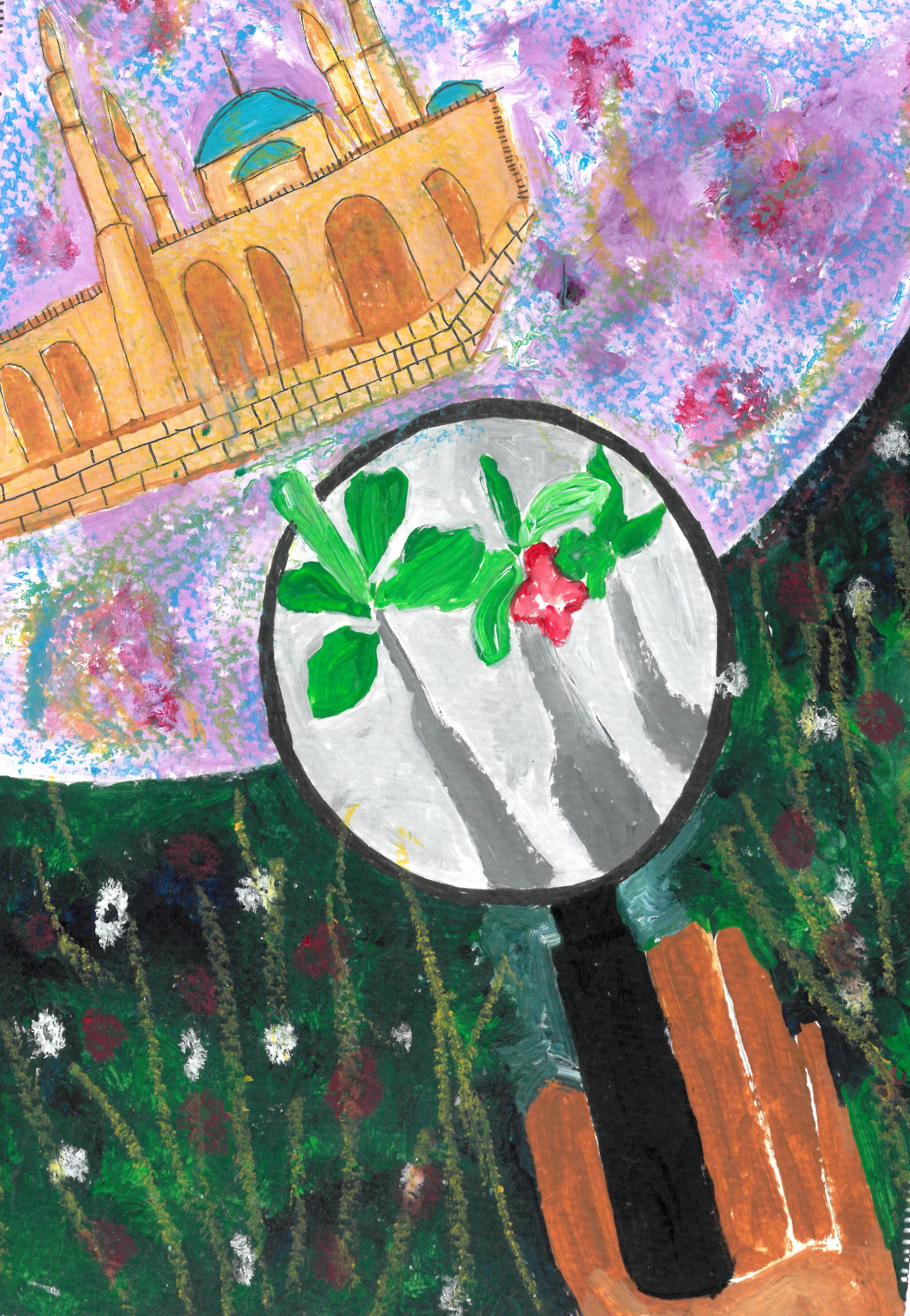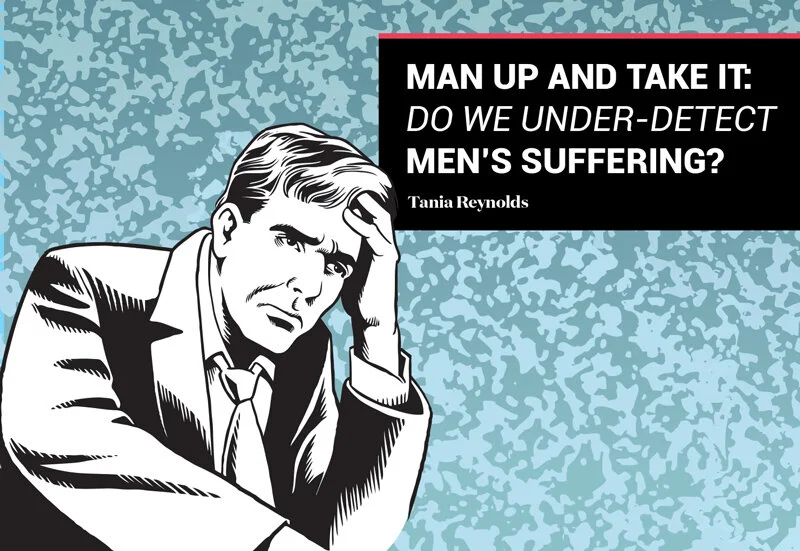Hadi's Story
I was born and brought up in Beirut. I am a theatremaker and work in events and communications, which I also teach at university. When I was 19, I came out to my mother. She struggled at first but eventually came to terms with it. My sister found out a few weeks later and was extremely supportive from the start. As for my father, he had already met several of my ex-boyfriends and had engaged with me in multiple conversations about the impact of Beirut Pride. Still, he was surprised when I told him I was gay. Coming out is always challenging, and I’m grateful my experience was generally smooth.
Lebanon still regards same-sex intercourse and non-heterosexual behavior as illegal under its criminal code, and it often conflates being transgender with being a sex worker. Still, Lebanese society is slowly becoming much more understanding of LGBT people and of our realities (at least in the capital, Beirut), and several recent court decisions have argued that homosexuality is not a crime. Even so, there is much work to be done, as we can still be prosecuted for our homosexuality.
In the summer of 2016, I had a discussion with friends about how to make progress in the fight to decriminalise LGBT rights, and we agreed that visibility was a key factor. We decided to launch Beirut Pride because Pride celebrations bring together all sectors of society — the private, the public, service organisations, academia, media, international partners, etc. Our first Pride took place in 2017 and was a massive success, with 4,000 people participating in its 25 events.
This first victory inspired us to do more, much more. We developed an Arabic-type font for use in our campaigns; then, we produced inexpensive but high-quality merchandising and apparel so that people could express pride in who they are. We created Valentine’s Day and awareness campaigns related to World AIDS Day and STIs. We partnered with businesses to help them become more LGBT-friendly. We put together workshops on legal matters and participated in events. We worked in tandem with international organisations and with the media. We lobbied politicians for decriminalisation and other issues. We also developed a ten-year plan on visibility and progress for people in Lebanon, drafted a Parliament bill for the decriminalization of LGBT status, and drafted a bill about the national response to AIDS, which includes a whole section of anti-discrimination provisions.
With every new project and event, more participants and organisations joined us. Our social media engagement grew, and the press heavily reported on our work. Older LGBT people joined us, while the younger generation became more visible and vocal. Friends and supporters came together to speak up against hate and prejudice. When I was arrested during Beirut Pride 2018 — because homophobes created a fake program that they attributed to Beirut Pride — local, regional, and international media and human rights organisations showed incredible solidarity. Today, Beirut Pride has been covered by the press in more than 340 articles across 17 different languages.
Visibility is paramount. It engages people in a conversation that informs and has the power to change attitudes. This is why we talk to religious organisations, public institutions, and politicians. Change happens, and we see progress, but we must continue to press forward with our efforts, for each additional day of criminalisation brings its share of misery and sadness to those harassed and persecuted just for being who they are.
We stand upon the shoulders of giants whose work and contribution are universal, reaching far beyond the limits of their place and time. They inform what we do, affirm our thinking, and motivate us to move forward.
We must always remember the struggles that brought us to where we are today and never take what we have for granted. Let’s honour the legacy, let’s dream of the future, and let’s build it. Throughout history, LGBT people have sometimes been included and sometimes excluded. The only way to move forward in dignity is to strive for sustainable social solidarity; we can only accomplish that by working with everyone and meeting them where they are — not by excluding people, dehumanising them, and stoking the polarisation of our cultural environment.
For more about Hadi, follow him on Twitter.
For more about Beirut Pride, check out the website or follow on Facebook, Twitter, and Instagram.
Artist Notes
“Hadi emphasizes the importance of ‘visibility’ and breaking taboos. His hand holds a magnifying glass, through which we see an Adenium (desert rose) bloom. This symbolizes the success of Beirut Pride over the years.”
Published Mar 18, 2021
Updated Sep 1, 2023














